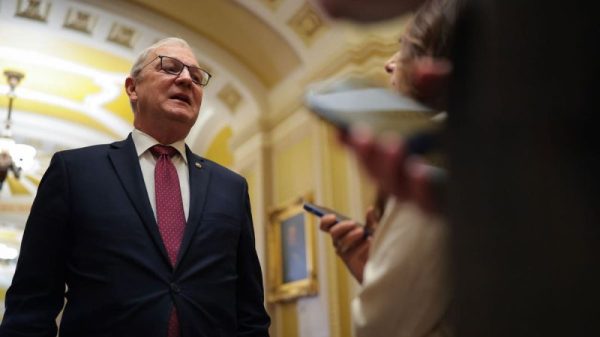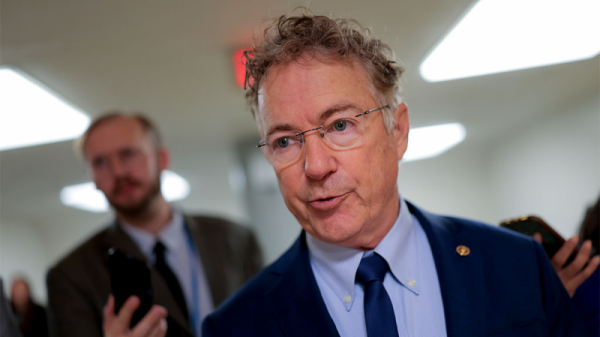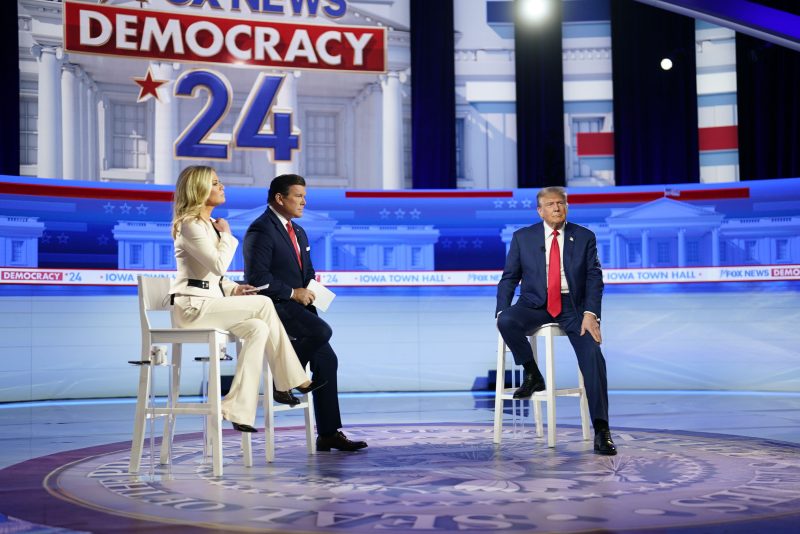In a technologically advanced world where information is readily accessible at the touch of a button, the issue of trust in news sources has become more critical than ever. Americans rely on a multitude of platforms to stay informed and shape their understanding of current events. While conventional news outlets have traditionally been seen as trusted sources of information, the landscape is rapidly changing with the rise of social media and alternative news sources.
Social media platforms such as Facebook, Twitter, and Reddit have become major players in the dissemination of news. However, the credibility of these sources can be questionable, as individuals have the ability to post and share content without any verification process. This has led to the spread of misinformation and fake news, making it challenging for the average consumer to discern fact from fiction.
On the other hand, traditional news outlets such as CNN, NBC, and The New York Times have long been considered reliable sources of information. These organizations have a rigorous fact-checking process in place, employing experienced journalists and editors to ensure the accuracy of their reporting. Despite their efforts to uphold journalistic standards, these outlets are often criticized for bias and sensationalism, leading some individuals to seek alternative sources of news.
Alternative news sources, including partisan websites and independent bloggers, have gained popularity among Americans who are looking for a different perspective or narrative. While these sources may offer unique insights, they are not always held to the same standards of accuracy and accountability as traditional news outlets. This lack of regulation can contribute to the dissemination of misleading or false information, further complicating the issue of trust in news sources.
Additionally, trust in news sources can be influenced by political affiliation. Research has shown that Republicans and Democrats tend to trust different news outlets, with each group favoring sources that align with their own beliefs and values. This partisan divide has contributed to the polarization of media consumption, making it even more challenging for Americans to find common ground on key issues.
In conclusion, the era of digital media has brought about unprecedented access to information, but it has also raised concerns about the reliability of news sources. Americans now have a plethora of options when it comes to consuming news, from social media platforms to traditional outlets to alternative sources. While this diversity of sources can be beneficial in offering different perspectives, it also poses challenges in determining which sources can be trusted. As individuals navigate this complex media landscape, it is essential to approach news consumption with a critical eye and a willingness to seek out multiple viewpoints to form a well-rounded understanding of the world around us.






















